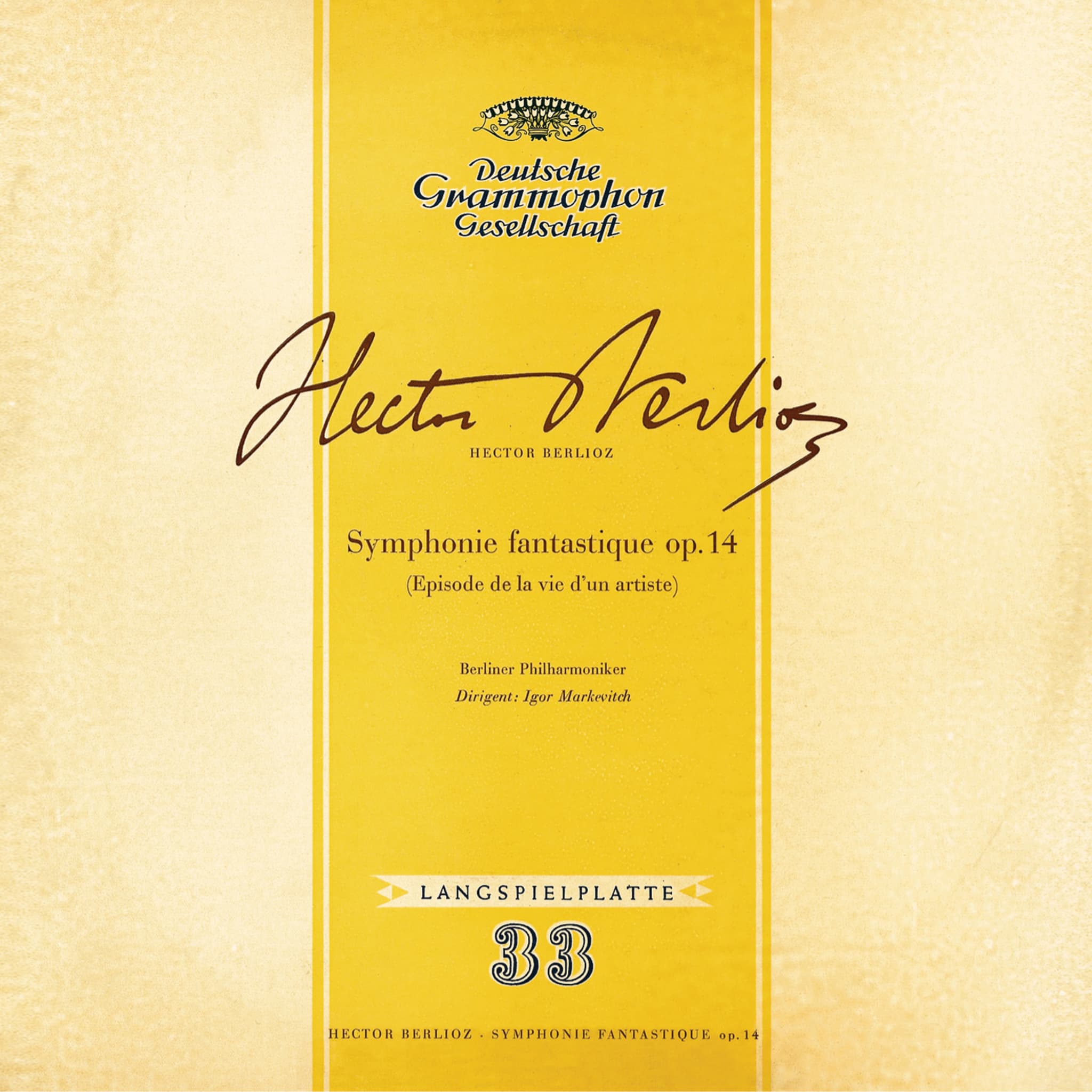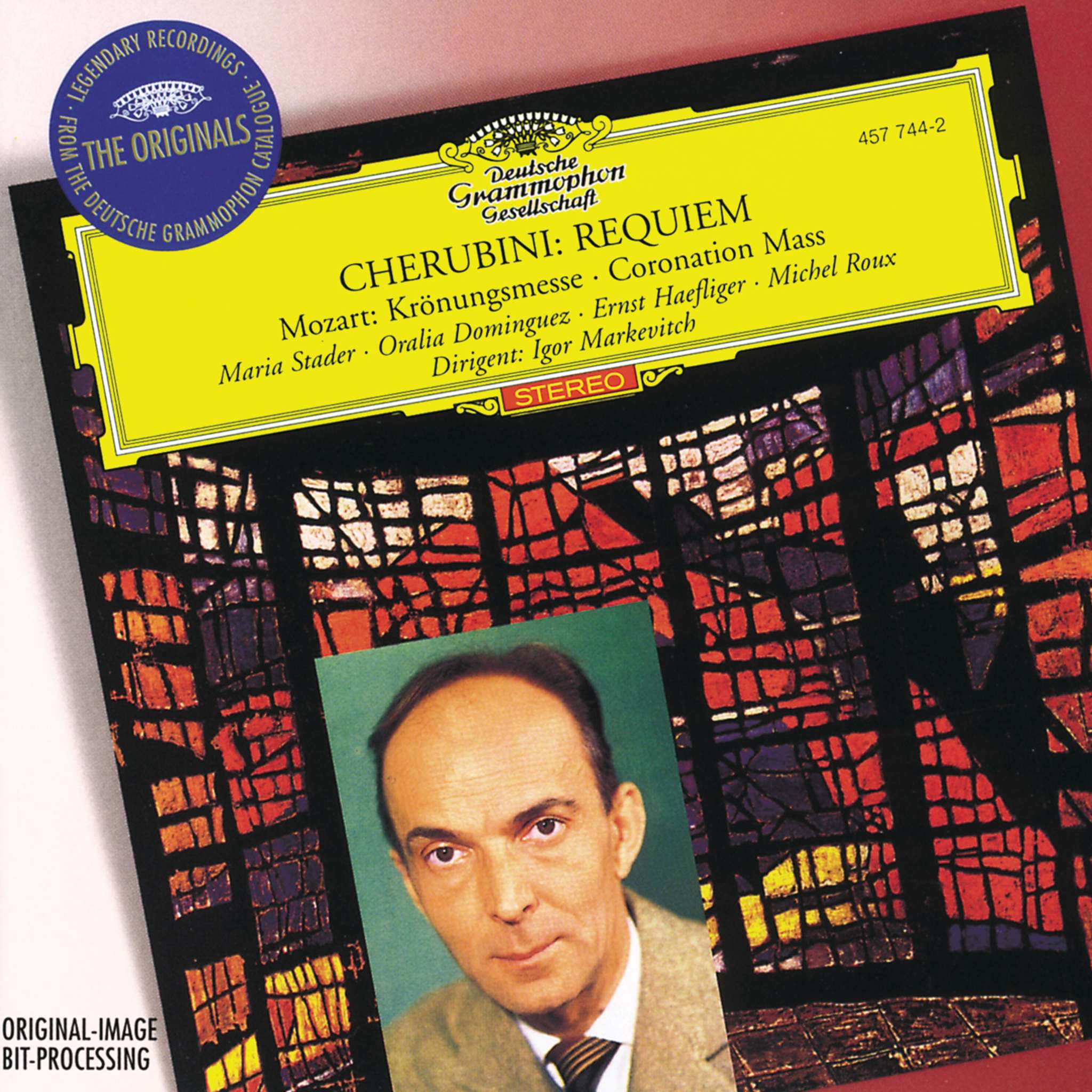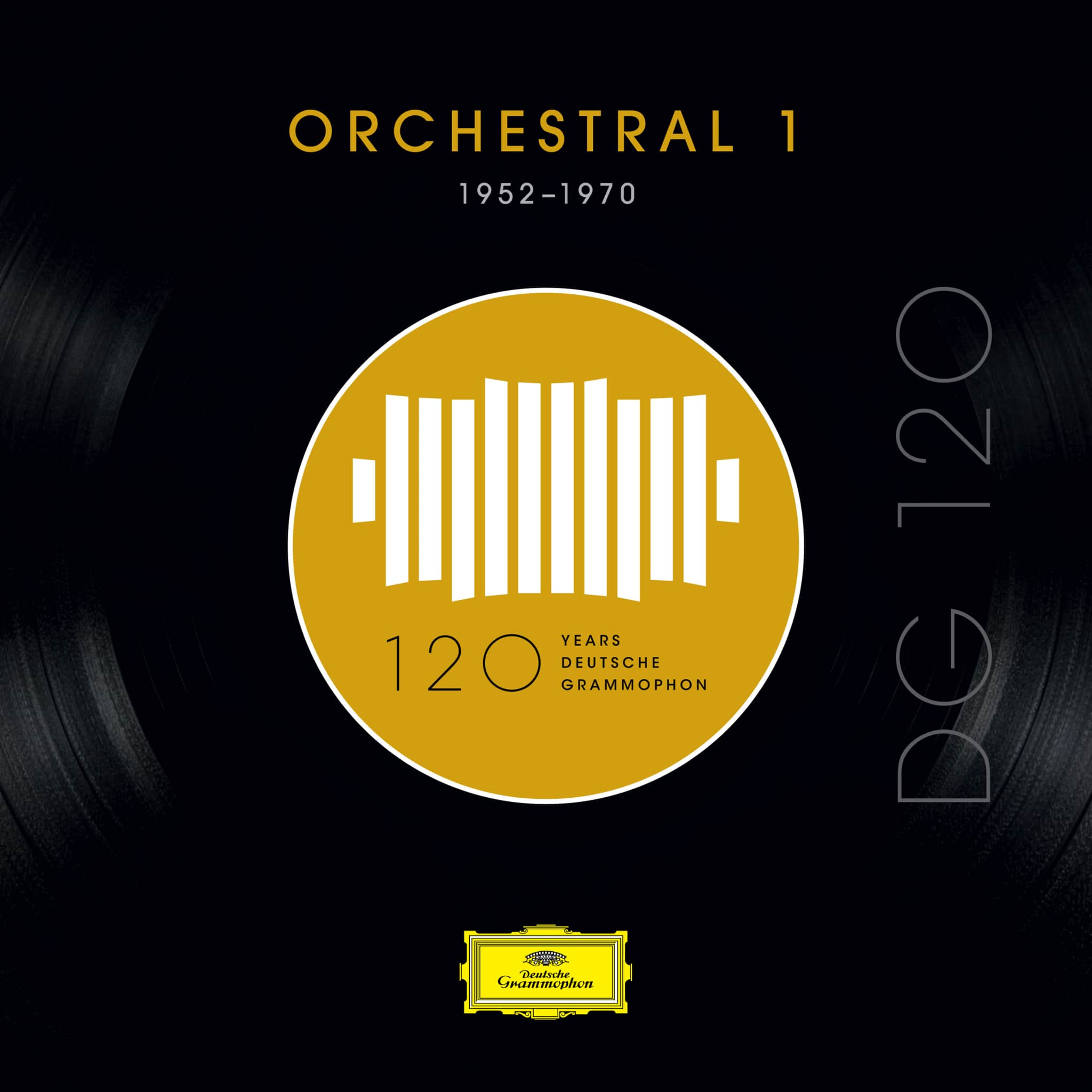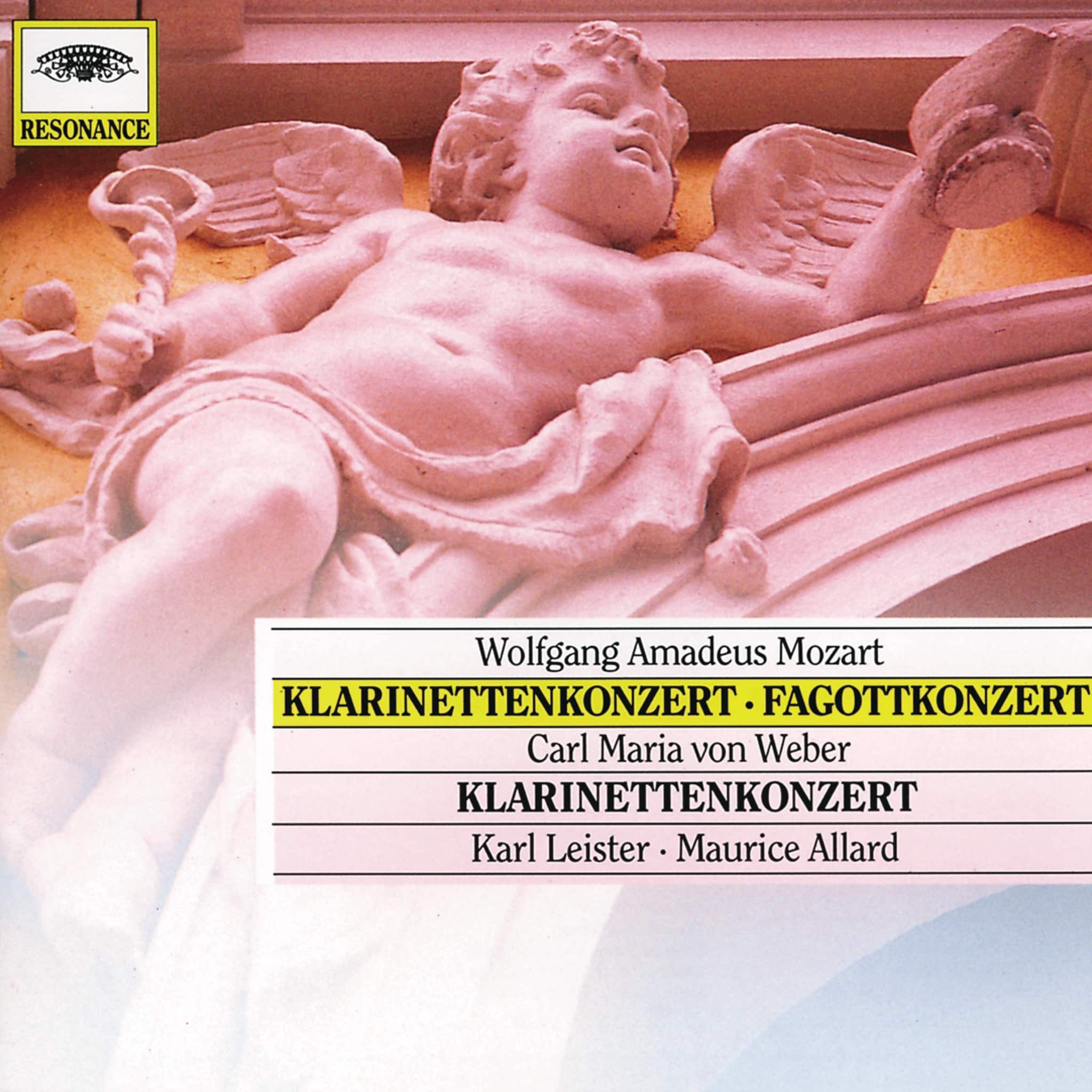Igor Markevitch: Das Vermächtnis eines Maestros
Tauchen Sie ein in die Welt des avantgardistischen Komponisten und bedeutenden Dirigenten Igor Borissowitsch Markevitch. Geboren in Kiew, dem heutigen Ukraine, führten Markevitchs Studium und Wirken über Ländergrenzen hinaus; er nahm die kulturelle Essenz von Paris auf und wurde später eingebürgerter Italiener und Franzose. Seine einzigartige Mischung aus Nationalitäten und Abstammung, darunter die Nachfolge eines bosnischen Prinzen, verlieh seinem künstlerischen Schaffen eine reiche Textur, die einen bedeutenden Eindruck in der klassischen Musik des 20. Jahrhunderts hinterließ[1][2].
Bedeutende Aufnahmen und Interpretationen
Markevitchs Diskographie ist umfangreich und hoch angesehen, insbesondere für seine Interpretationen romantischer und moderner Werke. Zu seinen Aufnahmen zählen große Orchesterwerke, die er mit renommierten Orchestern wie der Tschechischen Philharmonie, dem Orchestre Lamoureux und den Berliner Philharmonikern dirigierte. Zu den Highlights gehören Klassiker wie Gounods „Messe solennelle de Sainte Cécile“, Berlioz’ „La Damnation de Faust“ und Schuberts 4. Sinfonie „Tragische“[1][5].
Beiträge und Vermächtnis
Markevitch wurde für seine Präzision, seine Orchestralfarben, seinen dramatischen Sinn und den Ausgleich in der Interpretation gefeiert. Seine Aufführungen reichten von klassischen Komponisten wie Haydn und Schubert bis zu romantischer sowie französischer und russischer Musik des 20. Jahrhunderts, darunter sowohl Hauptwerke als auch weniger bekannte Schätze. Als Dirigent debütierte er mit 18 Jahren beim Concertgebouw-Orchester in Amsterdam und wurde später zu einem bedeutenden Förderer französischer, russischer und moderner Musik. Im Laufe seiner Karriere arbeitete er regelmäßig mit großen europäischen Orchestern zusammen[3][4].
Komponist und Interpret
Zunächst gründete sich Markevitchs Ruf auf seine avantgardistischen Kompositionen. Sein objektiver Kunstansatz wurde früh anerkannt: 1929 erhielt er vom berühmten Impresario Serge Diaghilew vom Ballet Russe de Monte Carlo den Auftrag für ein Klavierkonzert[2][5]. In den 1940er Jahren beendete er das Komponieren jedoch weitgehend und konzentrierte sich fortan auf das Dirigieren. In den 1970er Jahren begann eine langsame Wiederentdeckung seiner Werke, als er begann, seine eigene Musik zu dirigieren und damit einzigartige musikalische Erzählungen schuf, die bis heute Musikliebhaber:innen inspirieren[3][5].











